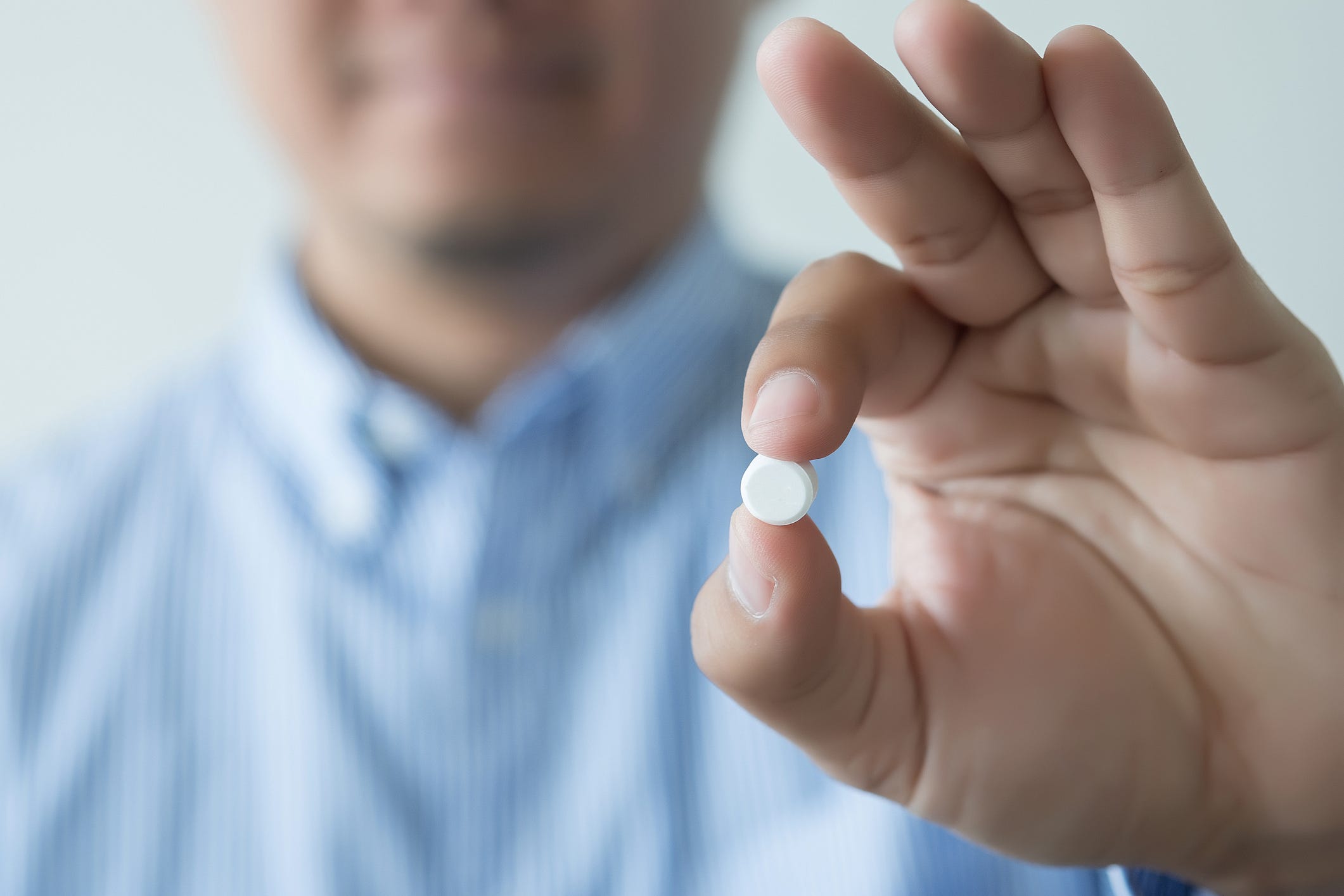

When it comes to birth control for men, there are only two options: condoms or surgery. But a recent study in mice shows a promising new alternative.
Researchers at Weill Cornell Medicine tested a non-hormonal drug that can be taken orally or via injection that made male mice temporarily infertile. In a matter of hours, the mice’s fertility returned with minimal side effects and no irreversible damage.
“Here, we provide proof-of-concept for an innovative strategy for on-demand contraception, where a man would take a birth control pill shortly before sex, only as needed,” study authors said in the report published Tuesday in the peer-reviewed journal Nature.
While the road from mice models to humans may take years, the demand for male birth control options will continue to grow as hospitals say more men are requesting vasectomies since Americans no longer have a constitutional right to abortion, said Dr. Helen Bernie, director of male sexual and reproductive medicine Indiana University.
“A lot of men are trying to take ownership of their reproductive right and they want something,” she said. “I hope it translates to something, but it’s a long way from mice to men.”
Health news:Stay up-to-date on the latest news affecting your health
How does male birth control work?
The new drug targets a protein called soluble adenylyl cyclase (sAC), according to study lead author Melanie Balbach, postdoctoral fellow at Weill Cornell Medicine.
Sperm is produced and stays sleeping in the testes until ejaculation, when sAC tells the sperm it’s time to start swimming. The inhibitor stops the protein from waking up the sperm so they stay dormant after ejaculation and can’t swim up to the uterus.
"We’re blocking the on-switch on sperm when it’s ejaculated," Balbach said.
Looking at mice sperm samples, Balbach determined the inhibitor was effective about 30 minutes after injection and began to wake up again about two-and-a-half hours later.
Out of 52 pairings of mice, there were no pregnancies among mice that copulated within the 2.5-hour window, Balbach said. One pregnancy resulted from copulation after three hours, and five pregnancies after eight hours.
By the next day, sperm motility returned to normal.
“Our approach is the idea that men would only need to take the pill whenever they want to be infertile. And as soon as they don’t want to have sex or have a family, they don’t take the inhibitor and their fertility is recovered,” said Jochen Buck, senior author and professor at Weill Cornell Medicine.
How does it stack up against other birth control for men?
Aside from condoms, the only other available birth control for men is a vasectomy, a surgical procedure that cuts and seals the tubes that carry sperm to semen.
Although the procedure it reversible, the ability to have a baby is never guaranteed, said Bernie, assistant professor of urology at IU's school of medicine who is not affiliated with the study.
However, she said the Cornell study suggests that those who take the sAC inhibitor will not only regain sperm motility but also the ability to conceive.
“It’s short-acting, it’s on-demand and it’s irreversible, really quickly,” Bernie said.
Most male birth control being studied contain hormone, which can cause unwanted effects that range from acne to permanent infertility. Some non-hormonal alternatives, like triptonide, can cause sperm deformation, according to the Tuesday study.
But the one thing they all have in common is that they work by suppressing sperm production, Bernie said, which means it may take months of continuous treatment to be effective as well as months without treatment to resume sperm production and regain fertility.
“That’s where the study is so exciting because the current landscape really lacks an on-demand approach,” she said.
When will this male birth control be available?
Although the study shows promise, health experts say it may take years for men to benefit from this kind of birth control as results in mice don’t always translate to humans.
For example, human sperm can live for up to five days – longer than that of mice sperm. While the mice’s sperm may have died before regaining motility, Bernie said it’s possible for human sperm to wake up and swim to the uterus.
The study also found the sAC inhibitor may be associated with increased eye pressure, which could lead to glaucoma, a disease that can cause blindness, “if elevated pressure is chronic.”
Before the Cornell team starts human trials, it will take months to select the perfect compound of sAC inhibitor, test the drug in a mammal model closer to humans like rabbits, and fulfill regulatory requirements, Buck said.
“Hopefully in about three years from now, we will do a first human trial,” he said. “If that works well, then seven, eight or nine years from now it can be bought at a CVS.”
Dig deeper: More health news
Follow Adrianna Rodriguez on Twitter: @AdriannaUSAT.
Health and patient safety coverage at USA TODAY is made possible in part by a grant from the Masimo Foundation for Ethics, Innovation and Competition in Healthcare. The Masimo Foundation does not provide editorial input.
Source link






